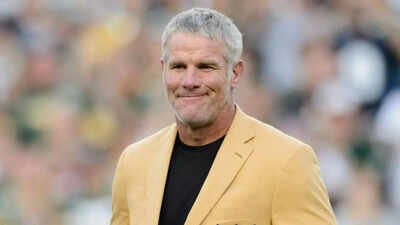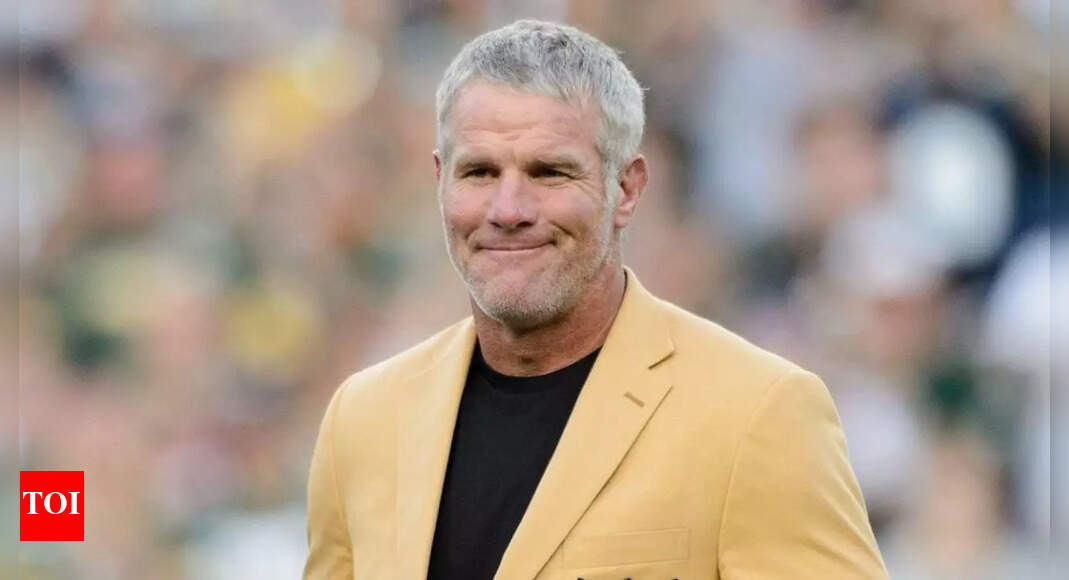NFL legend Brett Favre is once again making headlines, but this time it’s not for a comeback or a sports scandal—it’s for his unconventional approach to fighting Parkinson’s disease. After revealing his diagnosis in September 2024, the Hall of Famer has chosen to pursue an experimental treatment that’s stirring both curiosity and controversy in the medical world.
Brett Favre turns to ibogaine therapy in Mexico, outside FDA-approved treatment protocols
Brett Favre has joined the Neuroregenerative Program by Ambio Life Sciences, located in Tijuana, Mexico, to undergo ibogaine-based therapy, an experimental form of treatment derived from a naturally occurring psychedelic plant. While not FDA-approved in the United States, ibogaine has drawn interest for its potential to aid in neurological repair—something Favre is betting on.“I was told about ibogaine from a friend who completed the treatment,” Favre shared. “And was blown away by the results.”Ambio’s program blends plant-based medicine with neuroscience and clinical oversight, claiming to stimulate the regeneration of damaged neural pathways. While some see promise, mainstream medical communities remain skeptical, citing a lack of large-scale clinical trials and regulatory clearance.
Positive signs for Brett Favre, but questions remain around long-term effects
Despite the risks, Favre has already reported early improvements. “Since coming to Ambio (in Tijuana), I’ve felt a real shift, especially in my sleep and energy,” he said, signaling hope for better symptom management.Like many former football players, Favre has dealt with head trauma and fears the long-term consequences of CTE (Chronic Traumatic Encephalopathy). With Parkinson’s already confirmed, he’s looking for proactive solutions.“It makes me wonder what the future brings for me. I’ve already been diagnosed with Parkinson’s. I often wonder—and I try not to, but I can’t help it—what the future holds,” he previously admitted.Favre is now urging other former athletes, especially those living with neurological conditions, to consider alternative treatments. “I will say about it, it’s not necessarily the present, it’s life after and residual effects that so many people have spoken highly of. If you are contemplating it, come do it,” he added.Also Read: “Bunch of b*tches”: Tyreek Hill’s vulgar attack on Josh Allen and the Buffalo Bills reigniting Dolphins-Bills rivalryWhile controversial, Favre’s journey is opening a new conversation about how elite athletes face life after football—and what they’re willing to try to reclaim it.




